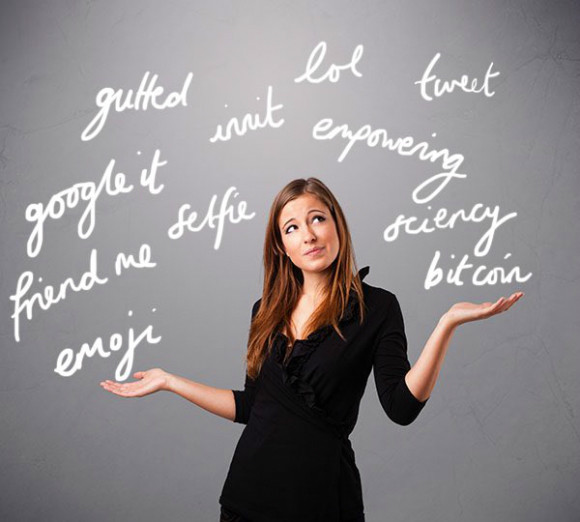Do Slangs Corrupt the English Language?
English started being used in Britain in the 5th century when three tribes from Germany (the Angles, the Saxons, and the Jutes) arrived in Britain. Since then, it has evolved from Old English to Middle English to Modern English. After that, many varieties of English have emerged due to numerous factors. The most common varieties are British English and American English.
English has become a global lingua franca, which means it is a language used by people with different mother tongues. New words and even slangs get added in English dictionaries yearly. Examples of slangs that were recently added are “selfie” from the term self-portrait, “adorbs” which is short for adorable, and “hashtag” which used to be a social media jargon.
The addition of slangs in English dictionaries has been met with conflicting reactions, especially from linguists. Some say that just like species, languages also get extinct. One of the ways for English to live on is for people to use and enhance it. Since English is no longer just a local dialect that is exclusive to one nation, English has to evolve alongside time and its current users.
Moreover, there are still countless words in other languages that have no direct translation in English. There will always be new technologies, experiences, and products that will call for new words to refer to them. The only way to remedy this is to make certain terms official English words, and they will have to include slangs.
Lastly, adopting slangs and words from other languages makes English richer. It breaks down barriers and promotes the inclusion of other cultures, thereby reducing cultural indifference. This is very useful in this age of globalization because it makes communication between cultures and nations easier than ever.
Despite these reasonable points, some conservative linguists feel that adding slangs in English dictionaries is sabotage. They say that slangs do not help people, especially youngsters, communicate better with the rest of the world.
Aside from linguists, other people feel strongly against adding slangs in English dictionaries because they feel that English is for formal settings while slangs are for casual settings. This is also the reason why people should have two languages — one for formal situations, which is English, and one for informal settings.
Lastly, many linguists also feel that slangs make people inarticulate, less eloquent, and less intelligent. English is a prestigious language that has to be mastered like an art. Adding slangs to the language only corrupts it.

'Study > English' 카테고리의 다른 글
| The Paris Agreement Signing Ceremony (0) | 2016.06.22 |
|---|---|
| Former Foe, Now a Friend (0) | 2016.06.21 |
| The Role of Higher Education (0) | 2016.06.17 |
| Is mass media removing or intensifying gender stereotypes? Why do you say so? (0) | 2016.06.16 |
| The Triumph of Indie Films (0) | 2016.06.15 |
